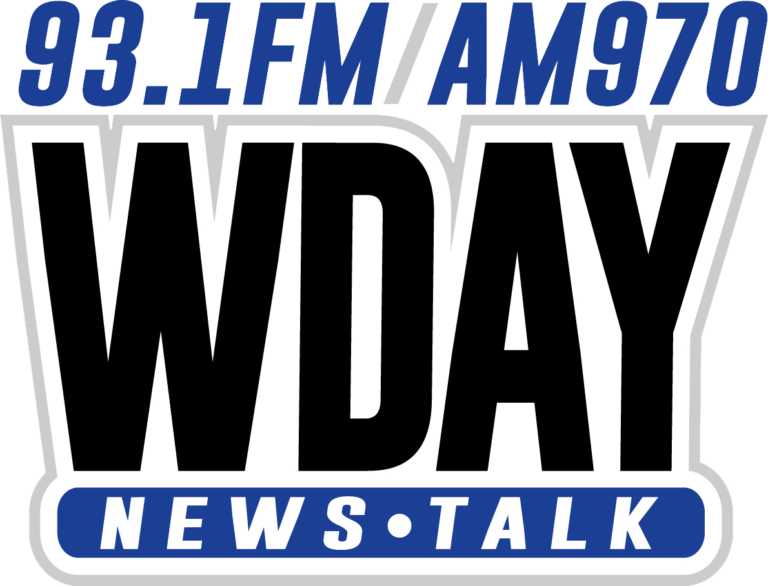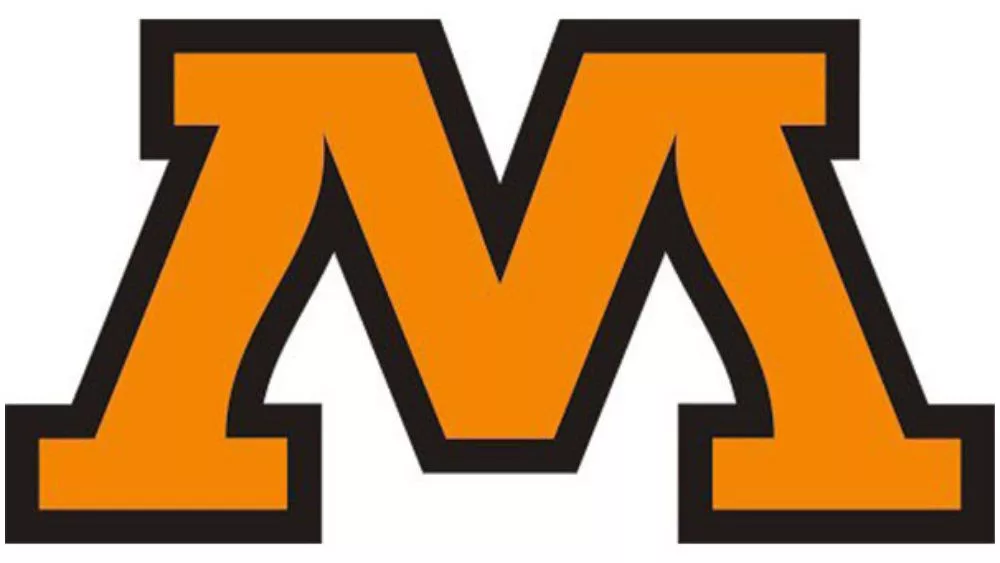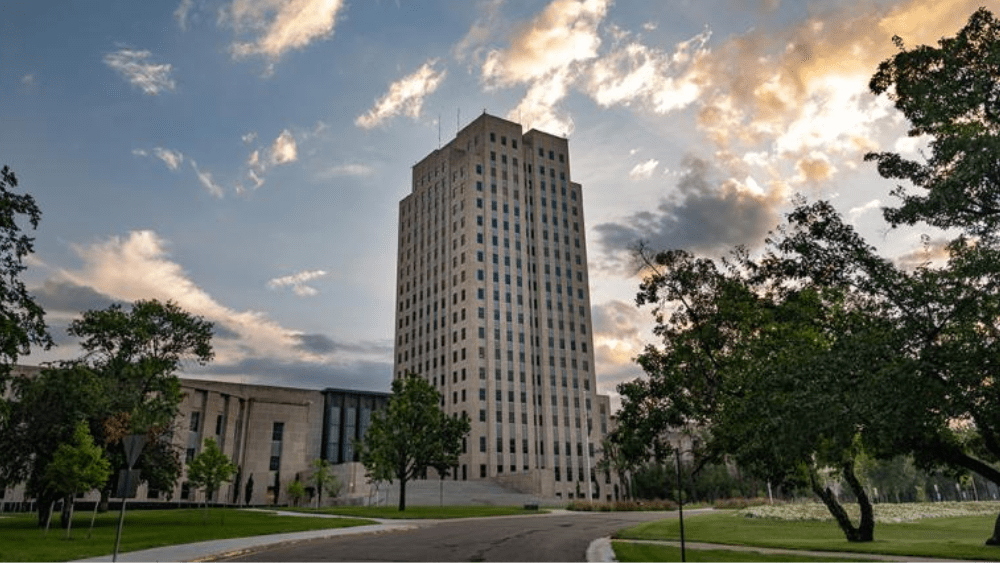Bismarck State College (BSC) has been awarded $9.9 million through the U.S. Department of Education’s Disability Innovation Fund (DIF) to support youth and adults with disabilities in using advanced technologies to lead to competitive integrated employment (CIE). BSC’s proposal, the XR for VR project, was one of 27 chosen nationwide.
The XR for VR project is named for its strategy to use extended reality (XR) to close the career awareness gap and achieve competitive integrated employment in vocational rehabilitation (VR) and aims to enhance career advancement opportunities for North Dakotans with disabilities. The BSC-led XR for VR initiative is a collaboration across several North Dakota-based partners including:
- CareerViewXR (CVXR), an award-winning education technology company specializing in immersive, virtual reality career exploration experiences;
- Impact Dakota, North Dakota’s official Manufacturing Extension Partnership (MEP), working with businesses to improve their efficiency, competitiveness, and growth;
- ND Assistive, a nonprofit organization that provides adaptive technologies, enabling individuals with disabilities to overcome employment barriers; and
- Out-of-state partners, including LAB Midwest, CAST.org, and Immersive Reality USA.
Together, the partners aim to help individuals with disabilities access high-demand, well-paying jobs in North Dakota’s manufacturing sector while raising awareness within the industry about the disability community’s unrealized potential as an important part of North Dakota’s workforce solution.
Through a novel approach to delivering extended reality (XR) technologies, the XR for VR project will address both sides of the employment equation: empowering individuals with disabilities to explore career paths in manufacturing and educating employers about the talent and capabilities of the disability community as an underrepresented and underestimated talent pool. Participants will be guided through immersive media experiences filmed in real-world manufacturing environments, while assistive technologies will be deployed to ensure workplaces are accessible and inclusive.
“XR for VR is designed to increase awareness among individuals with disabilities about available high-wage career opportunities in the manufacturing industry and educate employers about the untapped potential of this capable and eager workforce,” said Alicia Uhde, project director and BSC’s Dean of Automation, Energy, and Advanced Technologies.
“By promoting and building the capacity of all North Dakotans to support and participate in competitive integrated employment, we can overcome critical challenges on both sides of the employment equation,” adds BSC President Doug Jensen.
Bringing awareness and technology to both sides of the employment equation
The XR for VR project creates immersive, extended reality experiences that allow individuals with disabilities to directly experience careers in advanced manufacturing at real places of employment, and at the same time, the project educates manufacturers on how to create more inclusive environments. CareerViewXR’s immersive career exploration platform will allow participants to experience various manufacturing roles in virtual reality, giving them the tools to understand the work environment and potential career paths.
“Through the use of extended reality technologies, we’re providing individuals with disabilities an unprecedented opportunity to consider careers they previously thought were inaccessible,” said Matt Chaussee, CEO of CareerViewXR. “This project will allow participants to become immersed in real-world manufacturing environments to see real people, just like them, thriving in the workplace, aided by the practical application of assistive equipment. Employers will also see firsthand how minor changes to a work environment can have a major impact on their capacity to hire perfectly capable individuals from the disability community.”
Through the installation of nine immersive rooms across North Dakota, participants will be able to experience these virtual career explorations without needing a VR headset, ensuring accessibility for everyone. These immersive rooms will provide a fully projected virtual environment that simulates manufacturing workspaces, allowing participants to build confidence and familiarity with the industry before entering the workforce.
A unified effort to drive workforce advocacy
The project also focuses on advocacy and building bridges between the disability community and the manufacturing sector. Impact Dakota, the state’s manufacturing extension partnership, will lead efforts to help employers understand the benefits of a diverse workforce and ensure that assistive technologies are seamlessly integrated into the workplace. ND Assistive will play a critical role by providing adaptive equipment that allows individuals with disabilities to thrive in these new career roles.
“This project is not just about filling jobs; it’s about creating long-lasting change for both individuals and our vital North Dakota manufacturers,” said Jodie Mjoen, CEO of Impact Dakota. “We are grateful for our strong partnership with Bismarck State College and CareerViewXR – collaborating to help manufacturers realize the potential of an impactful underrepresented labor pool while advocating for inclusive practices that benefit everyone. Our goal is to connect individuals with disabilities to high-paying, fulfilling, great careers and give manufacturers the awesome workforce they need to succeed.”
Executive Director of ND Assistive Mike Chaussee sees great value in this collaborative, innovative approach to career exploration and meeting workforce needs, saying it will open doors and create opportunities that were never realized before.
“The integration of assistive technology into these workplaces will be key to the success of individuals with disabilities in manufacturing roles,” said Chaussee. “By supplying the right tools and providing training on how to use them, we’re ensuring that these individuals can thrive in careers that might have seemed out of reach before, creating both independence for them and bringing incredible value to employers.”
A model for nationwide replication
The XR for VR project is designed to be scalable beyond North Dakota. By developing a replicable model that combines immersive technologies, employer collaboration, and adaptive solutions, this initiative serves as a template for inclusive workforce development that other states and industries can adopt to meet their own workforce needs.





